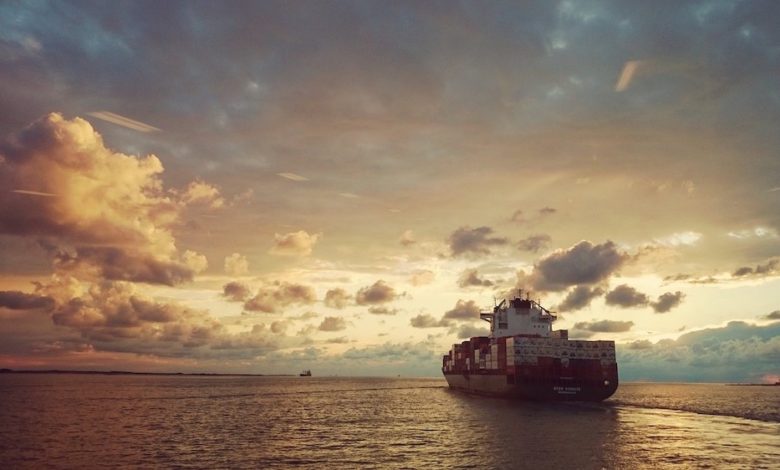Shipping’s most pressing concerns analysed

Mikael Lind, Wolfgang Lehmacher, Jacob Reinhart, Richard Watson, Jillian Carson-Jackson,and Sukhjit Singh release details of a new maritime expert study.
In volatile, uncertain, complex, and ambiguous times, knowing what peers view as the most critical challenges in the mid-term helps to define, refine, and de-risk decisions. This is of particular importance in industries where stakes are high like in the maritime sector.
Our new maritime expert study found that three schools of thought that emphasise sustainability and digitalisation are top of mind of thought leaders and practitioners in maritime shipping.
In a Delphi study conducted in February/March 2023, 49 maritime industry experts from all over the world identified 20 issues which they consider to be the greatest challenges within the maritime sector over the next three years. Most of these experts are from areas such as operations, consulting, academia, research, media, and law describe themselves as operations personnel and consultants.
In three subsequent rounds, the participating experts out of a pool of 250 rated the expressed 20 issues on a 1-5 scale, with five high. As expected, consensus increased over the three rounds.
After round three, the top five issues in importance are decarbonisation, environmental sustainability, effective digitalisation, energy efficiency, and cyber security. The bottom five perceived challenges are human capital investment, maritime investment, maritime governance, price/capacity management, and financial resource allocation. In the middle of the list, we find themes like supply chain resilience, geopolitics, and trade sustainability.
Three schools of thought
But are there different schools of thought that emerged? By factor analysing the respondents’ ratings, we assigned positive and negative loadings to the experts’ answers which yielded indeed three schools of thought that explain over 58% of the variance in opinion.
The first group (Factor 1, representing 23 % of participants) identifies maritime standardisation as an important school of thought. Maritime standardisation is associated with digitalisation, but aspects, like standardised procedures, processes, and physical infrastructures (such as containers), are included too. Unsurprisingly, the outcome of the analysis indicates some disagreements on the complex topic of data exchange.
The second school (Factor 2, representing 22 % of participants) identifies decarbonisation, energy efficiency, and cyber security as highly important. Those three dimensions may seem scattered, but decarbonisation and energy efficiency are complementary as they are pieces of the same puzzle. Given the experience of cyber-attacks affecting the maritime ecosystem and the need to respond to the societal concerns of enhanced sustainability, this school of thought is driven by business threats that challenge existing practices.
The third distinctive school of thought (Factor 3, representing 13 % of participants) mainly addresses social and environmental sustainability. Within this group we also noticed a positive consensus on maritime safety.
Surprisingly, the role of the maritime sector in global trade reflected in the importance of supply chain resilience, geopolitics, and trade sustainability didn’t emerge as a fourth school. This may indicate that the maritime sector could be slightly detached from the needs of the global supply chain, international trade, and the economy at large. Today, the maritime sector seems primarily concerned with becoming more sustainable and digital, two crucial topics that have certainly dominated the maritime industry discourse over recent years.
We thank all the maritime experts that participated in the exercise. You find a more elaborated paper of the Delphi study at www.maritimeinformatics.org.
